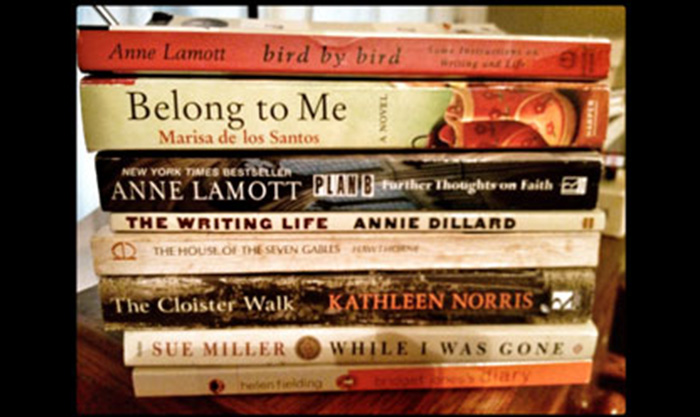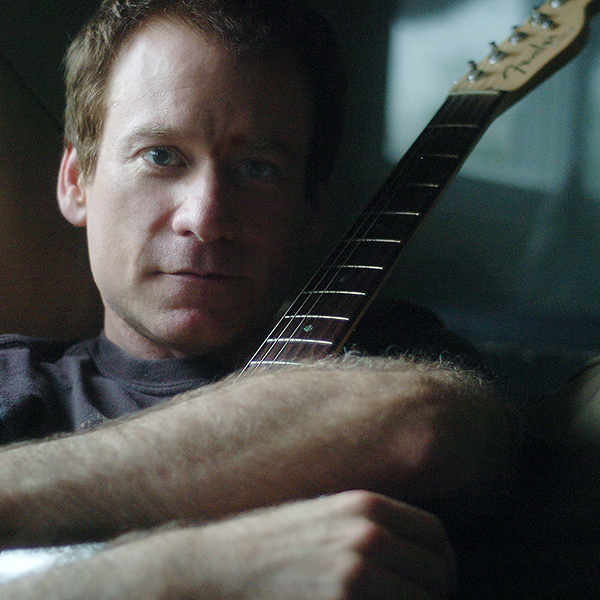by Clay Mills
Dec 12, 2024

Hey, SongTown! Recently, I received an email from a songwriter expressing frustration. For the past year, they had been writing two songs a day but felt like they weren’t improving. It made me reflect on how important it is to focus on building essential songwriting skills instead of just grinding out songs. Whether you’re starting out or looking to elevate your craft, here are eight essential skills every songwriter should master.
1. Memorize Songs to Build Your Vocabulary
Have you ever wondered how prolific writers like Stephen King stay so productive? King once shared in an interview that he reads 4–5 hours a day. For songwriters, this translates into immersing yourself in music—not just listening but memorizing. By learning top songs inside and out, you develop a vocabulary of melodies, lyrics, and arrangements.
- Why it matters: Memorizing songs strengthens your creative instincts. It’s like learning words as a child; you can’t have a conversation without vocabulary.
- Pro example: Ed Sheeran knows the top 10 songs at any given time. This gives him a deep understanding of current trends, ensuring his music stays fresh and relatable.
- Action step: If you’re a lyricist, memorize great lyrics. If you’re a melody writer, learn standout melodies. Guitar players? Study your favorite riffs and chord progressions.
By embedding these elements into your creative DNA, you’ll write songs that resonate with today’s audience.
2. Focus on Quality Over Quantity
Writing two songs a day might sound impressive, but are those songs meaningful? Churning out song after song without emotional investment can leave your work feeling flat. It’s not about the numbers; it’s about the heart.
- Why it matters: Songs that lack passion or purpose won’t connect with listeners.
- What to do instead: Slow down and focus on writing something that truly matters to you. Ask yourself, “What’s the heart of this song? Why does it matter?”
For instance, my first publisher always encouraged me to write a lot to get the bad songs out of the way. While that’s valuable early on, there comes a time when quality has to take precedence. Each song deserves your best effort.
3. Immerse Yourself in Great Content
Your creativity reflects what you consume. If you’re not taking in great material, your songs will likely lack depth and relevance. Whether it’s music, books, podcasts, or films, seek out content that inspires you.
- Ideas for inspiration:
- Listen to hit songs from a variety of genres.
- Read novels, poetry, or memoirs to expand your emotional and lyrical range.
- Explore podcasts or audiobooks that challenge your perspective.
By filling your creative well, you’ll have more to draw from when writing. Remember, you are what you “eat,” so make sure you’re consuming the best.
4. Write About What You Care About
Songs are most powerful when they come from a place of authenticity. Writing about topics you genuinely care about not only gives your songs more emotional weight but also helps you stay motivated in the long run.
- Why it matters: Listeners can tell when a song is genuine. Emotion and sincerity can turn a good song into a great one.
- Pro tip: Before you write, ask yourself, “Why does this song matter to me? What do I want the listener to feel?”
When you care deeply about what you’re writing, that emotion shines through and connects with your audience on a deeper level.
5. Practice the Right Way
It’s often said that practice makes perfect, but only if you’re practicing the right way. Repeating bad habits will only reinforce them, so it’s crucial to approach practice intentionally.
I learned this lesson the hard way in high school. I played golf every day but never improved because I was simply repeating bad habits. The same applies to songwriting.
- Pro tip: Identify areas where you need improvement. If you struggle with melodies, study hit songs. If your lyrics feel uninspired, read poetry or study great lyricists.
- Action step: Practice deliberately, focusing on fixing weaknesses and building new skills rather than just going through the motions.
6. Filter the Noise
In today’s world, there’s an overwhelming amount of songwriting advice available online. It can be difficult to know what are the essential songwriting skills you need. While some of it is helpful, a lot of it can lead you down the wrong path.
- What to avoid: Be cautious of unproven sources or rigid formulas that don’t align with real-world songwriting. For example, counting syllables or obsessing over rhyme schemes often isn’t as important as capturing the emotion and heart of a song.
- Why it matters: Misguided advice can distract you from the fundamentals, like storytelling and emotional impact.
At SongTown, we focus on teaching what works in professional writing rooms. Real-world strategies by real-world pros. Stay grounded in the essentials, and don’t get bogged down by unnecessary details.
7. Learn from the Best
One of the fastest ways to grow as a songwriter is to surround yourself with excellence. Study hit songs and learn from writers who have walked the path you’re on.
- Pro tip: Analyze what makes your favorite songs work. Look for patterns in their structure, melodies, and lyrics.
- Why it matters: Learning from successful writers gives you insights that can’t be found in theory alone.
At SongTown, we created a community to connect aspiring writers with pros, offering feedback and resources to help you grow faster.
8. Trust Your Creativity
Overthinking can paralyze your creativity. At some point, you need to trust your instincts and let the process flow naturally.
- Pro analogy: My guitar teacher once told me, “Trust your hands.” With enough practice, your instincts take over, allowing you to focus on the heart of your song instead of technical details.
- What to let go: Don’t obsess over syllable counts or rigid structures. Focus on the melody and lyrics working together organically.
When you trust yourself, songwriting becomes less about rules and more about expression.
Final Thoughts: Stay True to the Heart of Your Song
At the end of the day, every song needs a heartbeat. Whether it’s a melody that moves people or a lyric that resonates deeply, the heart of your song is what matters most. When you focus on authenticity and emotional connection, everything else will fall into place.
Bonus Tip: Keep Your Education Relevant
There’s no shortage of songwriting advice out there, but not all of it is useful. Focus on learning from credible sources and practicing skills that align with your goals.
- Pro insight: The best lessons often come from those who are doing what you aspire to do. Seek out mentors or communities that offer real-world advice.
Join the SongTown Community
If you’re serious about improving your songwriting, join us at SongTown. We offer resources, workshops, and retreats where you can connect with pros, learn essential skills, and get valuable feedback.
Let’s write songs that matter. Cheers to your journey!
share
Write Better Songs Faster
Songwriting Success is Clay & Marty's 10-day video series that will help you level-up your songs and finish them faster. Enter your email address to get started!




